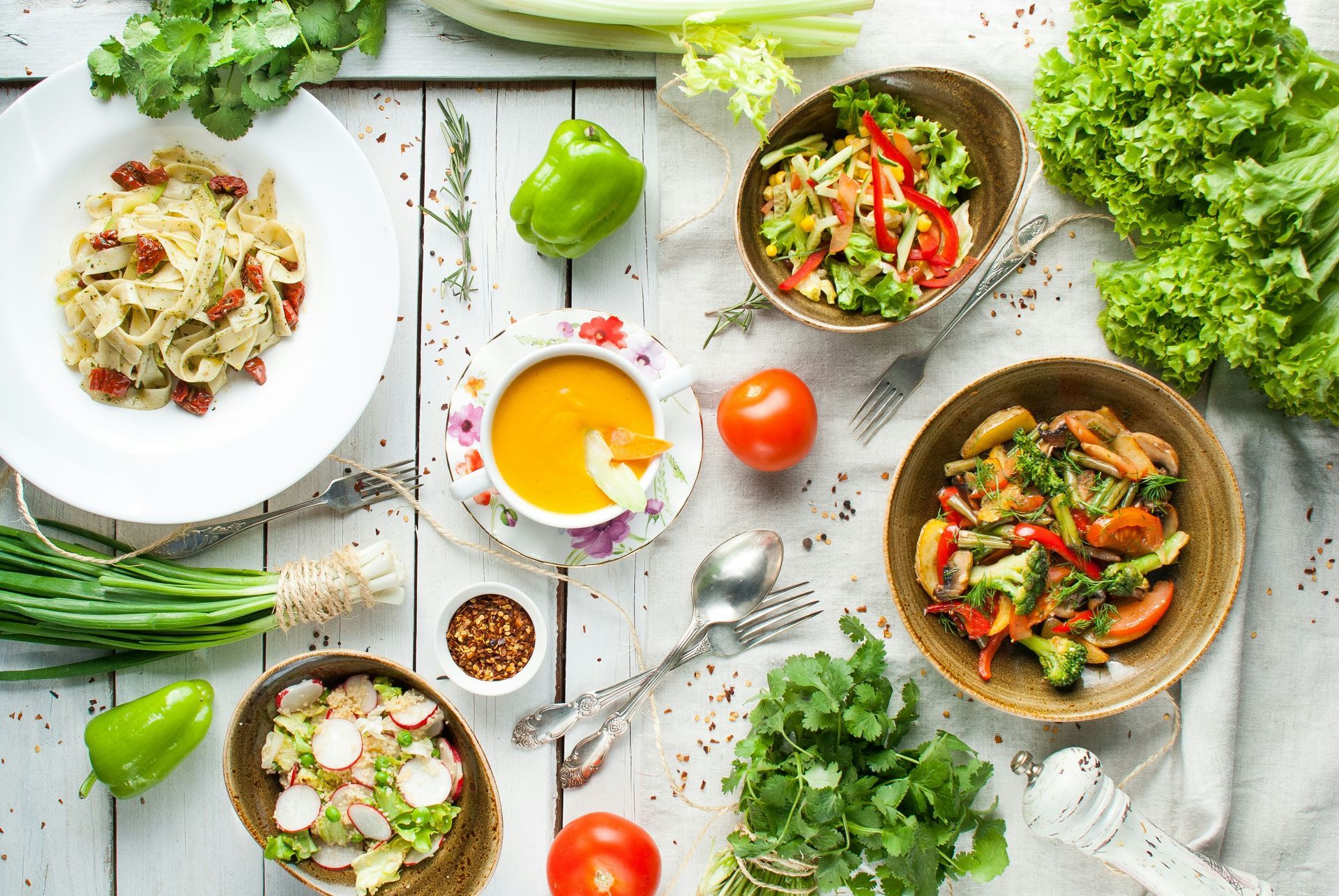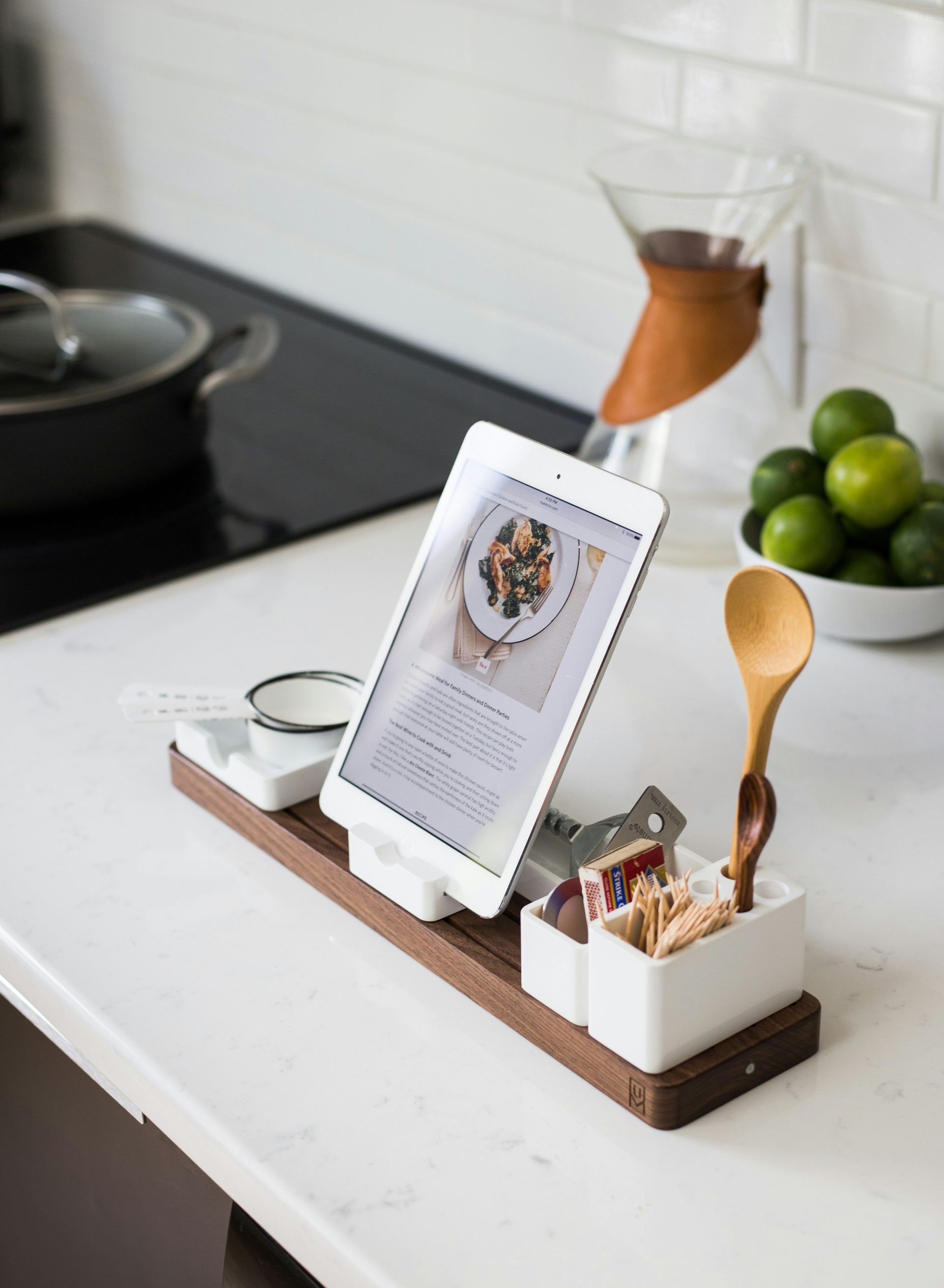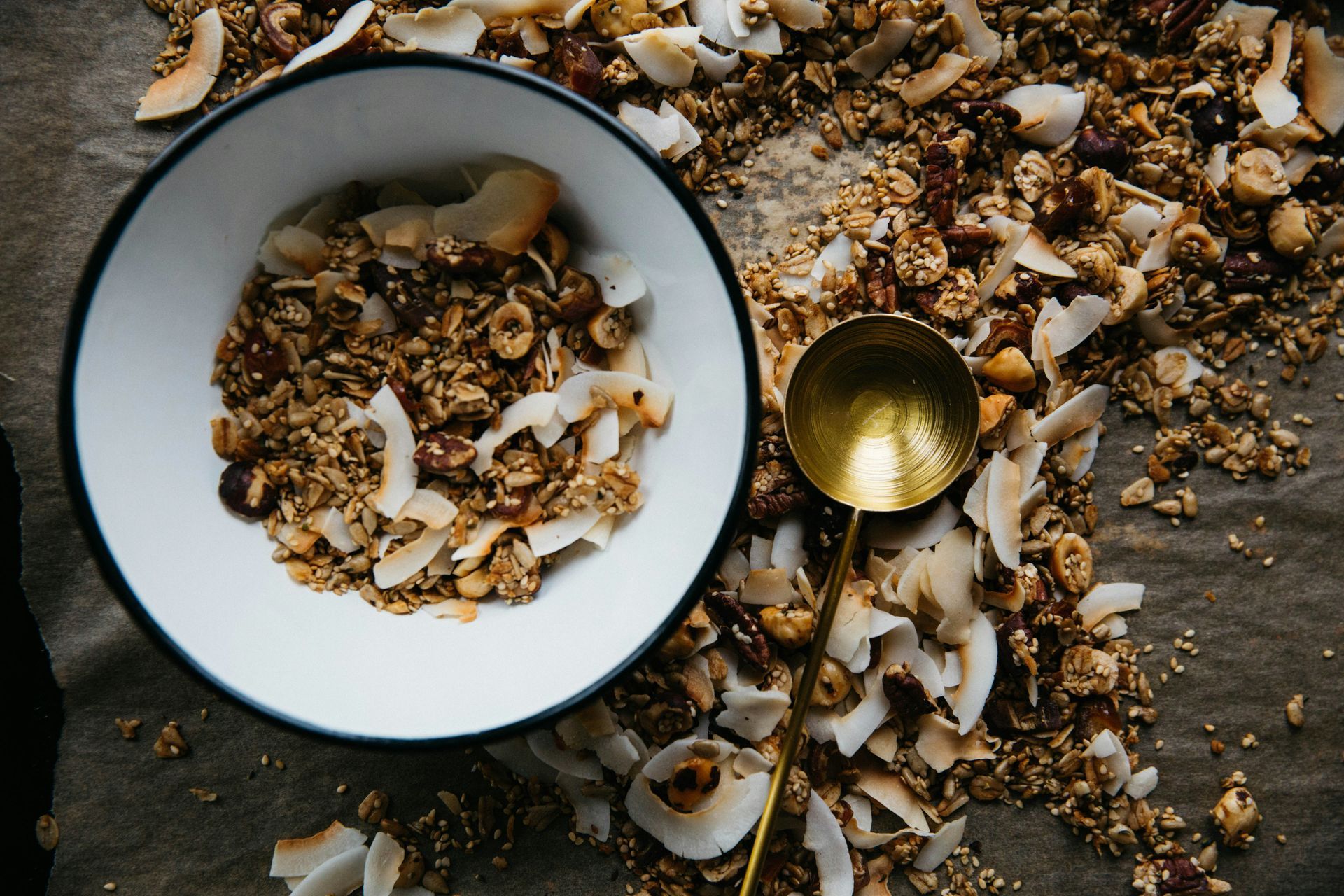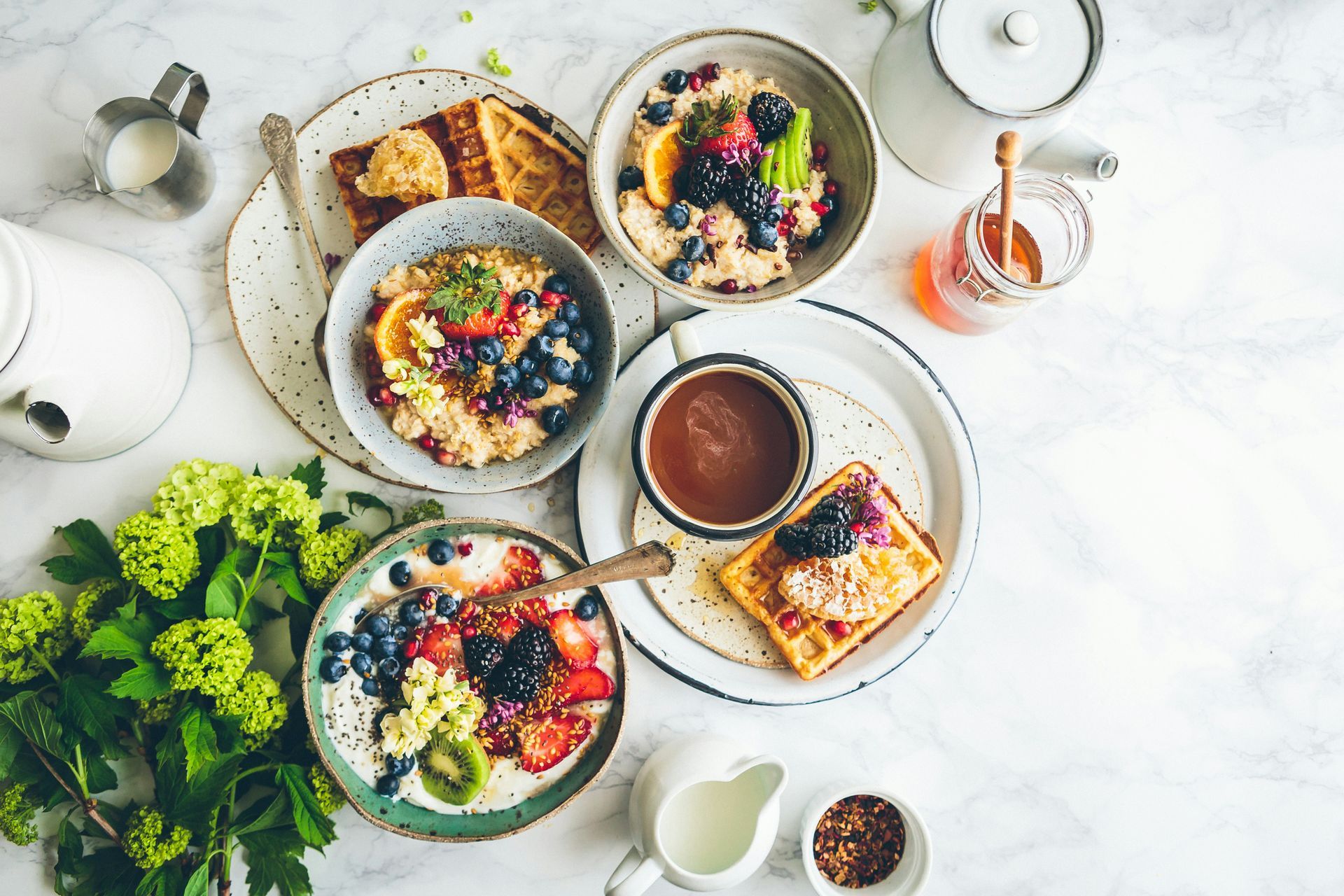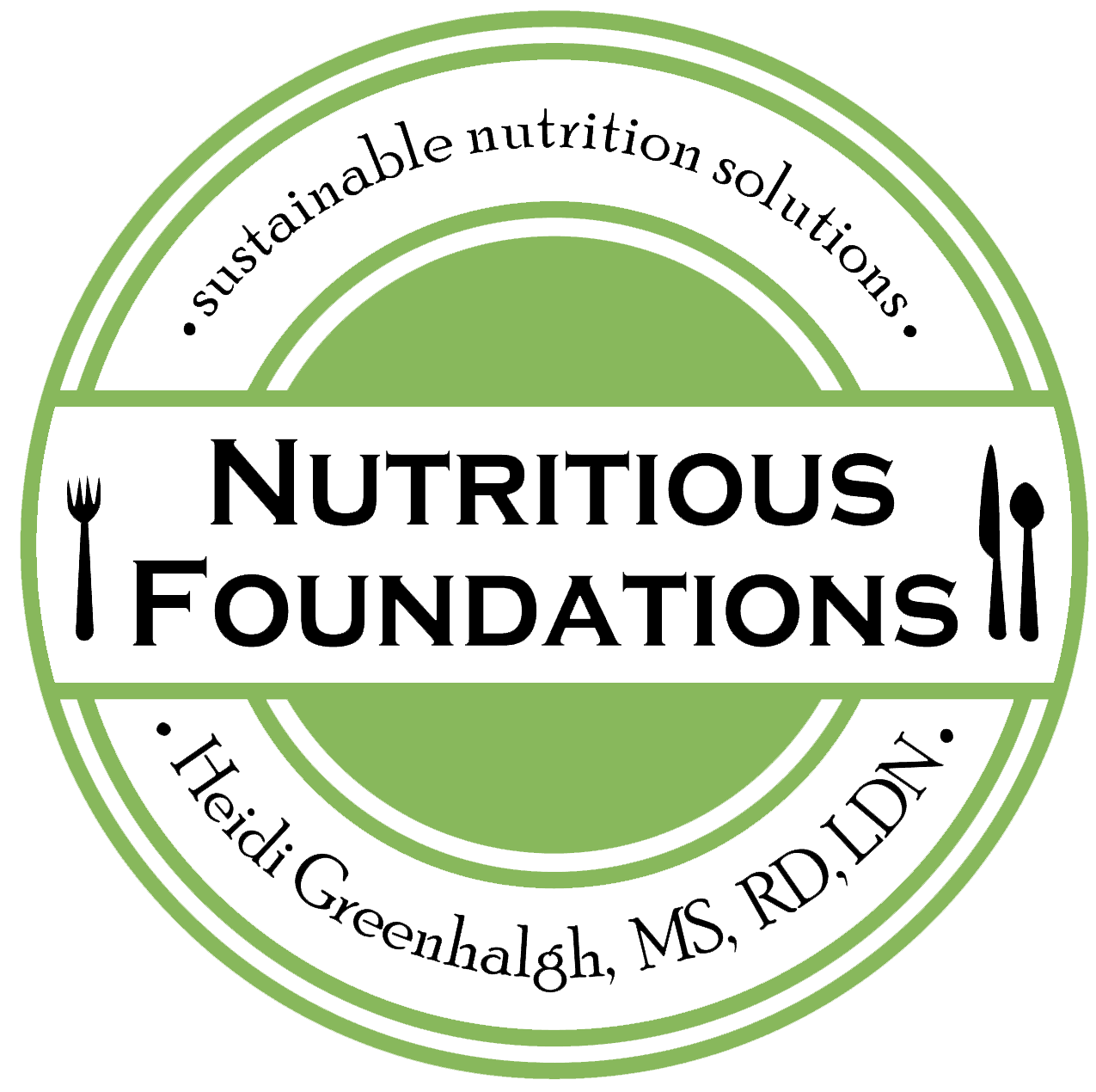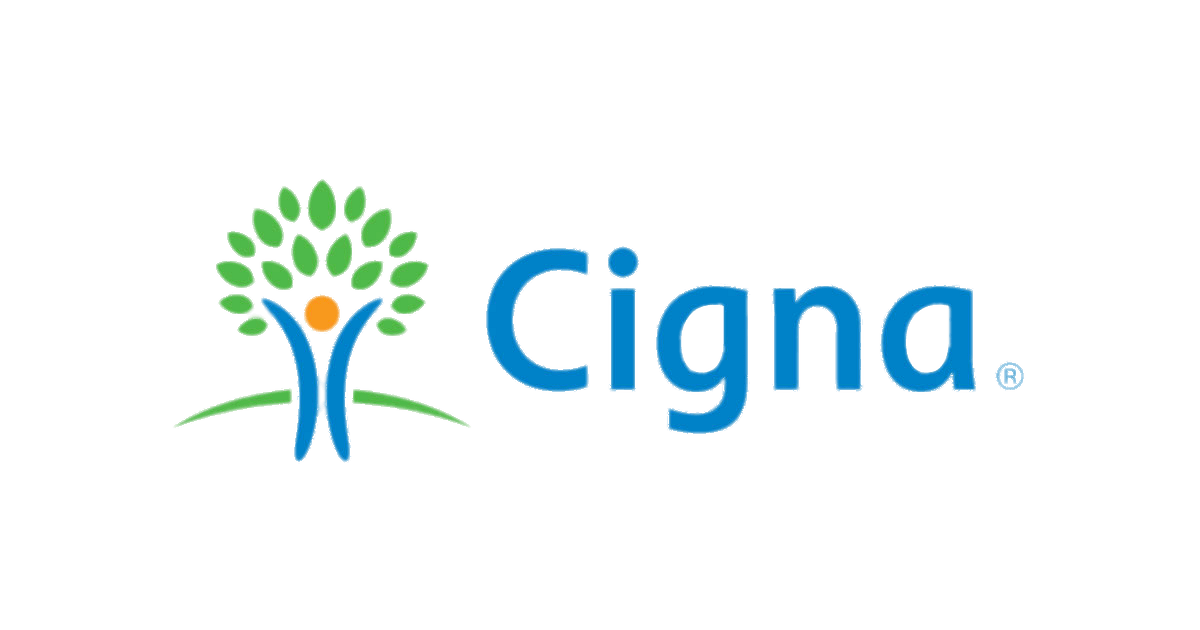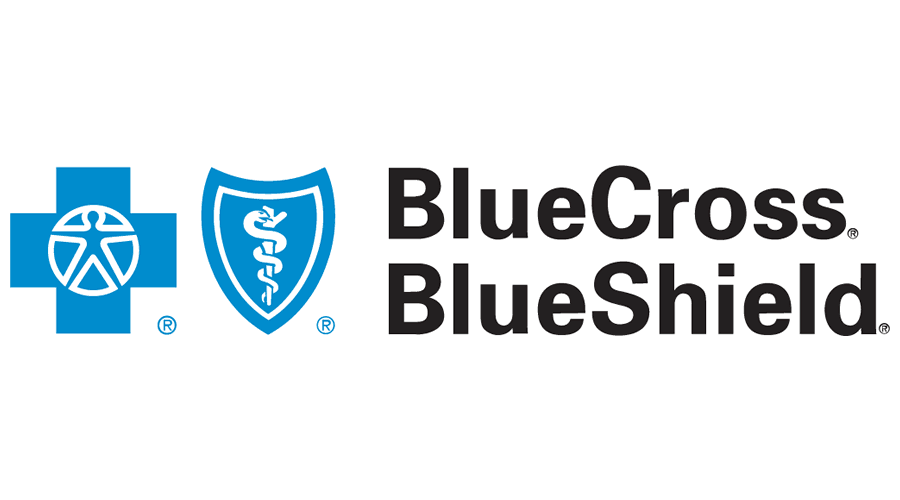The Benefits of Food Tracking
Accountability comes in all shapes and sizes, but when it comes to maintaining a healthy weight, tracking your food intake can be very telling, and thus very helpful. What is it about keeping food records that is so magic? It's the accountability, among other things.
There's something about writing it all down, and then showing it to someone else that really makes you think twice about whether you actually need that bag of chips to munch on while you watch TV or whether a donut actually makes a good breakfast or a protein bar a good lunch. Tracking your food intake also reveals other helpful information such as how much protein you are getting, whether your sodium intake is too high, and how many fruits and veggies you are actually eating (regardless of how many you think you are eating).
In fact, one study showed that keeping a food diary can actually double your weight loss. "And the more food records people kept, the more weight they lost." stated the researcher.
Tips for effective tracking include:
- track your food and beverage intake (don't forget to include alcohol)
- include amounts and serving sizes
- jot down the time you ate the food or meal
- food is tied into emotions, keeping a food/mood journal can be helpful
What is the best way to track food intake? There are so many methods available to track your foods, ranging from simple to complex. You can start as easily as scribbling down what you eat in a notebook or voice-texting it into the Notes section of your phone, or check out these popular digital options:
- My Fitness Pal --With over 19 million foods in the database and counting, tracking your calories is as easy as it will ever be
- See How You Eat --Make a picture food journal! Instead of logging calories, take a picture instead
- Cronometer--offers more data than My Fitness Pal, this one is for all you people who love to track food
- My Plate -- A simple way to track fruits and veggies!
- Lose It --An alternative option to My Fitness Pal
Just because you decide to track food one day doesn't mean you have to do it every single day of your life. Some people love to keep a daily log of their food, others not so much. Regardless of which camp you fall into, tracking your food for a few days to get a good sense of where you are at can be really helpful. If you are trying to lose or gain weight, keeping a daily food log can be immensely helpful. It has the extra added benefit of teaching you to be more mindful about what you put in your mouth and that is a skill that will serve you well for the rest of your life.
Exercise is the best medicine
--Hippocrates
Nutritious Foundations

